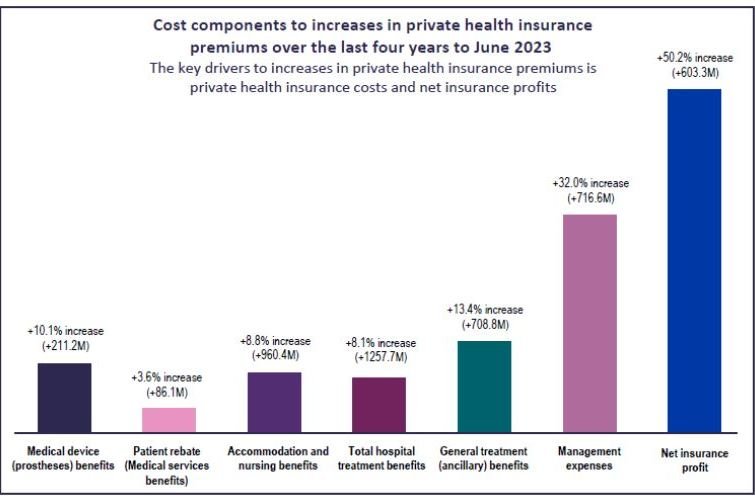Created to address the growing impact of major cyberattacks, the CyberPeace Institute will assist vulnerable communities, promote transparency, and advance global discussions on acceptable behavior in cyberspace.
26 September 2019 – GENEVA, Switzerland – Today marks a new milestone in global efforts toward de-escalating conflicts and promoting peace and stability in cyberspace with the announcement of the CyberPeace Institute, an independent NGO created to address the growing impact of major cyberattacks.
To deliver on its mission, the CyberPeace Institute will focus on three core functions:
- Assistance: Coordinating recovery efforts for the most vulnerable victims of cyberattacks and helping vulnerable communities and organizations become more resilient to attacks.
- Accountability: Facilitating collective analysis, research, and investigation of cyberattacks, including by assessing their harm and bringing greater transparency to the problem so everyone has better data to inform action.
- Advancement: Promoting positive and responsible behavior in cyberspace by reinforcing and advancing adherence to international laws and rules.
Cyberattacks are causing ever-greater harm to people and civilian infrastructures around the world. The most damaging attacks have destroyed businesses, halted economies, and shut down hospitals. Most recently, cyberattacks have taken local government services offline and threatened power grids and election infrastructure.
Stéphane Duguin, currently Head of the EU Internet Referral Unit within Europol, and instrumental in creating Europol’s European Cybercrime Centre (EC3), will lead the CyberPeace Institute as its Chief Executive Officer. Marietje Schaake, recent Member of European Parliament, will serve as the CyberPeace Institute’s President and Chair of Advisory Board. In addition, she recently joined Stanford’s Cyber Policy Center and its Institute for Human-Centered Artificial Intelligence.
“The global disruptions from cyberattacks are the symptoms of an insidious threat targeting civilians at a time of peace” said Duguin. “We need concrete solutions to build resilience among vulnerable communities, shed light on the malicious activity of attackers and inform responsible behavior in cyberspace. I am looking forward to leading the CyberPeace Institute towards these goals, and engaging academia, civil society, governments and industry in a collective pursuit of peace in cyberspace.”
“Civilians are at ever greater risk of being targeted by cyberattacks that rage between states and non-state actors alike. We need de-escalation and a focus on peace in cyberspace. I am looking forward to contributing to that urgent global agenda as President of the CyberPeace Institute,” said Schaake.
An 8-member executive board and 14-member advisory board comprising distinguished global experts in cybersecurity, international law, human rights and international affairs will provide guidance to the Institute in achieving its purpose.
Over the coming months, the CyberPeace Institute will hire and meet with experts and stakeholders to execute its mission. They will focus on forging partnership across the globe with the public and private sector, civil society and academia.
The Institute’s initiating funders are Mastercard, Microsoft and the Hewlett Foundation, with additional support from other major corporations and philanthropic institutions.







